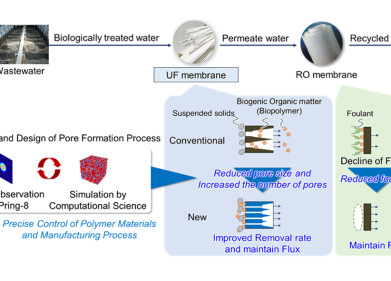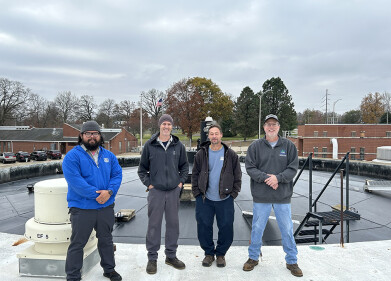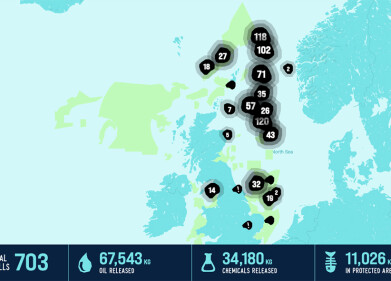Water/Wastewater
Conference to highlight catchment management for the 21st century
Jul 01 2019
The primary aim of any catchment management work is to improve the water quality in our freshwater networks and marine ecosystems, it is critical that an evidence-based approach is taken in order provide demonstratable improvements that not only impact at an ecological level but also provide potential for operational improvements for connected utility services and potentially industrial users. Historically monitoring has been driven by the requirements of the EU Water Framework Directive but a step change in thinking seems to be happening in our industry with many starting to take a more holistic view of our water ecosystems.
Catchments are much wider areas of responsibility than just a water company but whose responsibility should they be to manage and how can often come down to local drivers. OFWAT state that companies are using a variety of approaches to prevent or reduce the amount of diffuse or other pollution entering water catchments. Early results from several companies suggest that some of their catchment management schemes are beginning to deliver benefits for customers but with a varied focus and approach in terms of targeted outcome, requirements for sensors, monitoring and the delivery of information.
Challenges around P and NO3 removal have existed and been discussed for many years in the water industry with guidance offered by Ofwat amongst several solution companies, yet are still deemed to be an unresolved issue. A session on catchment management at SWIG’s Sensing in Water on 25 September this year hopes to help address some of the issues that the industry is facing.
Events
Apr 15 2025 Moscow, Russia
Apr 21 2025 Shanghai, China
May 11 2025 Vienna, Austria
May 18 2025 Algiers, Algeria
23rd International Water Management Exhibition
May 20 2025 Prague, Czech Republic














